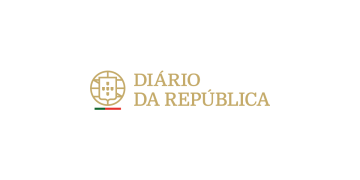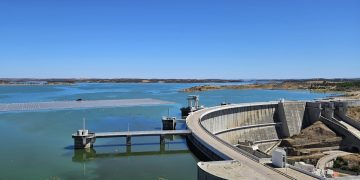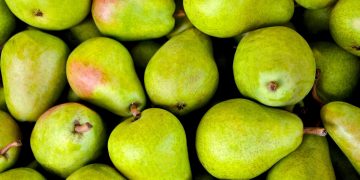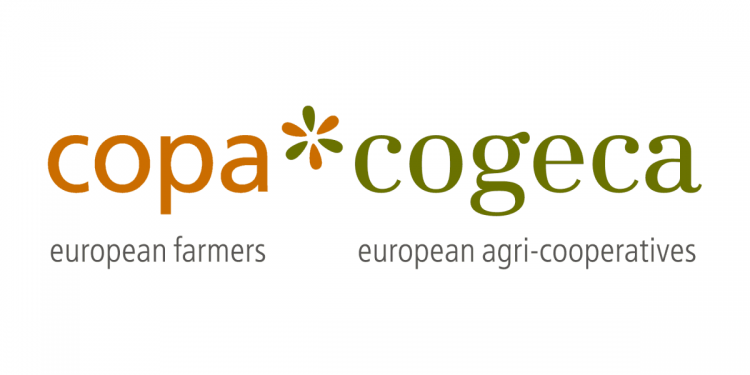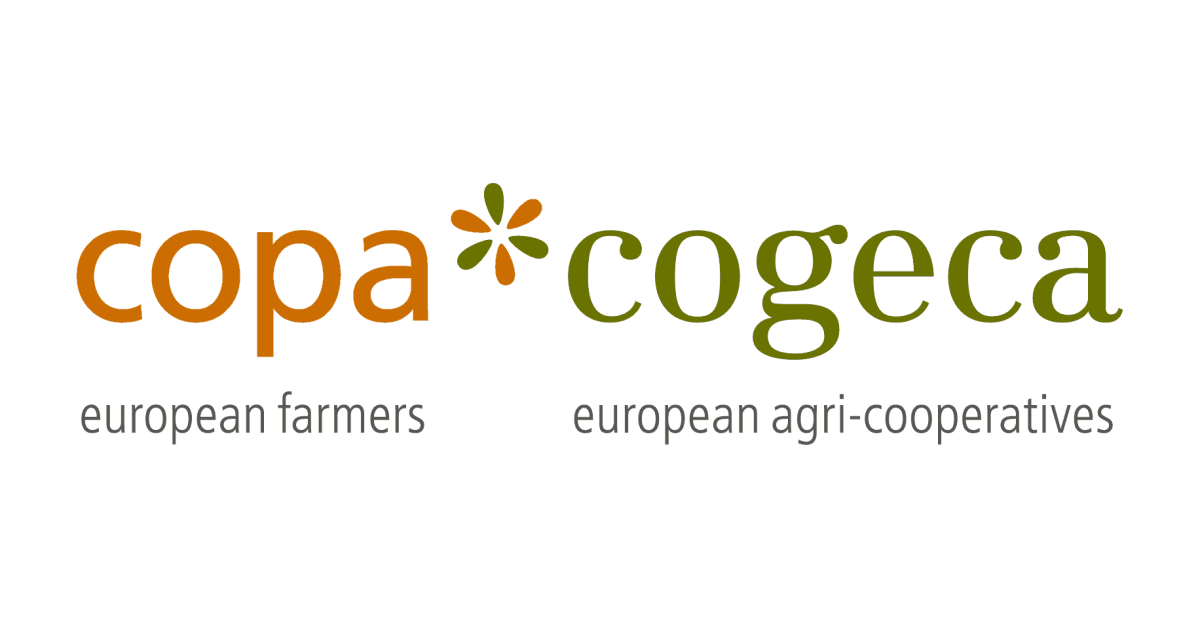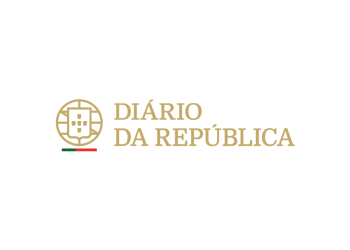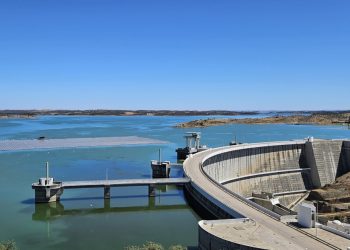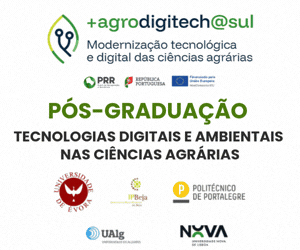For the past ten years, we’ve increasingly heard European colleagues report that in certain sectors, whether in vegetable farming, fruit growing, or crop production, in face of a lack of solutions to deal with pests or diseases, production has simply stopped. This issue, which rarely makes headlines and is often misunderstood by the general public, represents a major source of frustration and discouragement for the vast majority of farmers.
As a quick example, crop failures of up to 50% in sugar beet and rapeseed are possible if no immediate plant protection solutions are found. In specialised sectors such as nurseries, losses of up to 80% loom. And this is just the tip of the iceberg.
At the European level, what used to be the exception is now rapidly becoming the norm, and within a few years all major agricultural productions on our continent could face utter deadlock.
Since 2001, the number of available active plant protection ingredients has plummeted from 900 to 422 substances. Since June 2019 we have experienced a net loss of 85 substances with no single conventional product approved to replace the lost ones. The pace of those withdrawals is accelerating rapidly. At the heart of this looming shortage lies the plant protection product authorisation system, dating back to 2009, and whose framework has become increasingly rigid over time.
In 2022, the intent to turn the ‘Sustainable Use Directive’ into a Regulation, this being the notorious ‘SUR’ proposal, carried out in a dogmatic and overly charged atmosphere, led to one of the most resounding failures of the Commission in agricultural matters. Some rejoiced while others lamented. Yet in the middle of it all, those most directly affected, namely farmers, were still left without enough solutions at hand and in a dangerously unchanged situation.
If we had to choose just one compelling example to illustrate the risks that this lack of concrete political response poses to all of us, let us take the striking case of the potato. Even today late blight, the same disease that caused the Irish Potato Famine, continues to threaten crops. While farmers previously had multiple tools to combat this persistent threat, their options are these days rapidly dwindling. Without immediate action, potato yields could drop by up to 50%, threatening not just farmer’s livelihoods but European food security and sovereignty.
Each passing year has now become a race against time, and soon Europe will no longer have the luxury of grand theoretical debates, faced with the hard reality fast approaching. This is whether due to increasingly frequent crises affecting our production, or the growing incoherence and blatant injustice surrounding agri-food imports that fail to meet any of our standards or respect any of our bans.
However, hope on this issue for the agricultural sector could now come from the Commission. The EU’s leading institution is fully aware of the issue and the challenges it poses both on the internal market and about our imports. The ‘Vision for the Future of Agriculture’ has laid out strong and clear principles on the matter, such as the idea of ‘no ban without alternatives. However, this must now be reflected in practice and through concrete measures, something we particularly hope to see in the simplification package announced for autumn 2025.
Together with our colleagues from the Working Party on Plant Health, we are putting forward four simple principles. These could help prevent the worst outcomes while offering perspective to farmers and industry stakeholders.
First, the current reauthorisation method needs to be revised by returning to an approach that more fairly considers the cost-benefit/risk balance. Too many active substances are being delisted for reasons that, in our view, are not sufficiently based on science or risk calculation.
Second, and obviously, we must support, promote, and expedite the authorisation of alternative solutions such as biocontrol plant protection products and/or new genomic techniques.
However, it is just a fact that farmers cannot expect a one-to-one replacement of substances overnight. Research and commercialisation take time, and we must as such consider practical transitional arrangements to avoid proliferation of deadlocks.
Third, we must support agronomic and technical assistance initiatives for farmers as they transition to new crop protection methods.
Finally, and crucially — and this is a point already recognized in the Commission’s Vision — we must strengthen, wherever possible, the protection of European standards in our trade policy. Otherwise, just as we are already experiencing carbon leakage, we will increasingly face ‘plant protection leakage’.
On this issue, as on many others in the agricultural field, Europe is playing for its future, and also that of its food security, in the coming months. If we can’t take care of our crops, there won’t be anything left to say ‘Enjoy, it’s from Europe!’ about. Between political dogmatism and an unsustainable status quo, there is a reasonable path forward, one which can be shaped by making pragmatic decisions and engaging in dialogue with representatives of agriculture.
Max Schulman, Finnish farmer and Chairman of the Plant Health Working Party at Copa-Cogeca
Johann Meierhöfer, Head of Plant Production / Energy in Deutscher Bauernverband, Vice chairman of the of the Plant Health Working Party at Copa-Cogeca
Miguel Minguet, Spanish Farmer, Vice Chair of the of the Plant Health Working Party at Copa-Cogeca
Fonte: Copa-Cogeca

